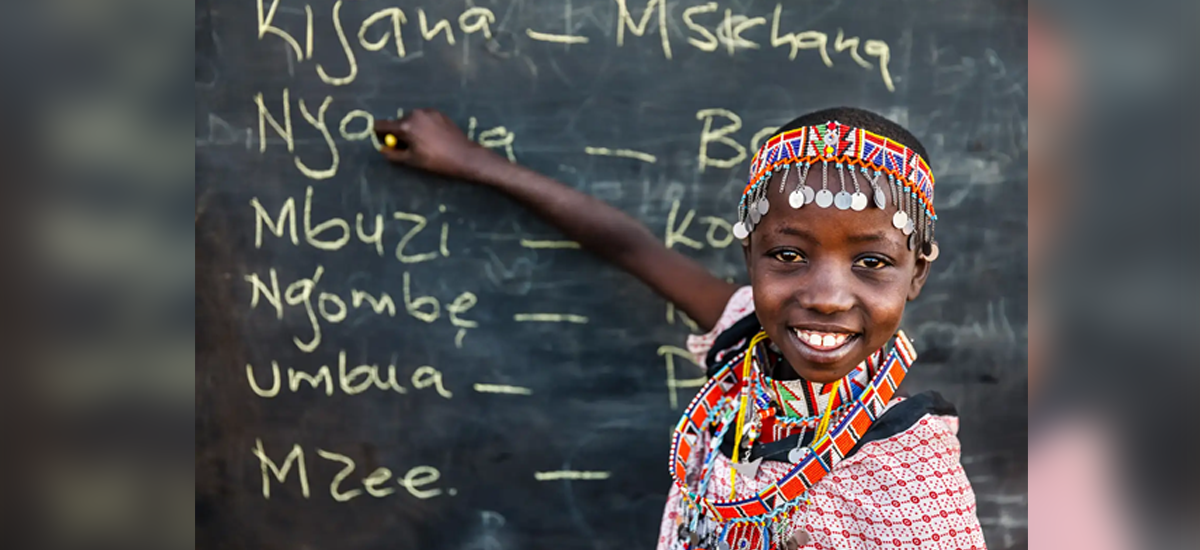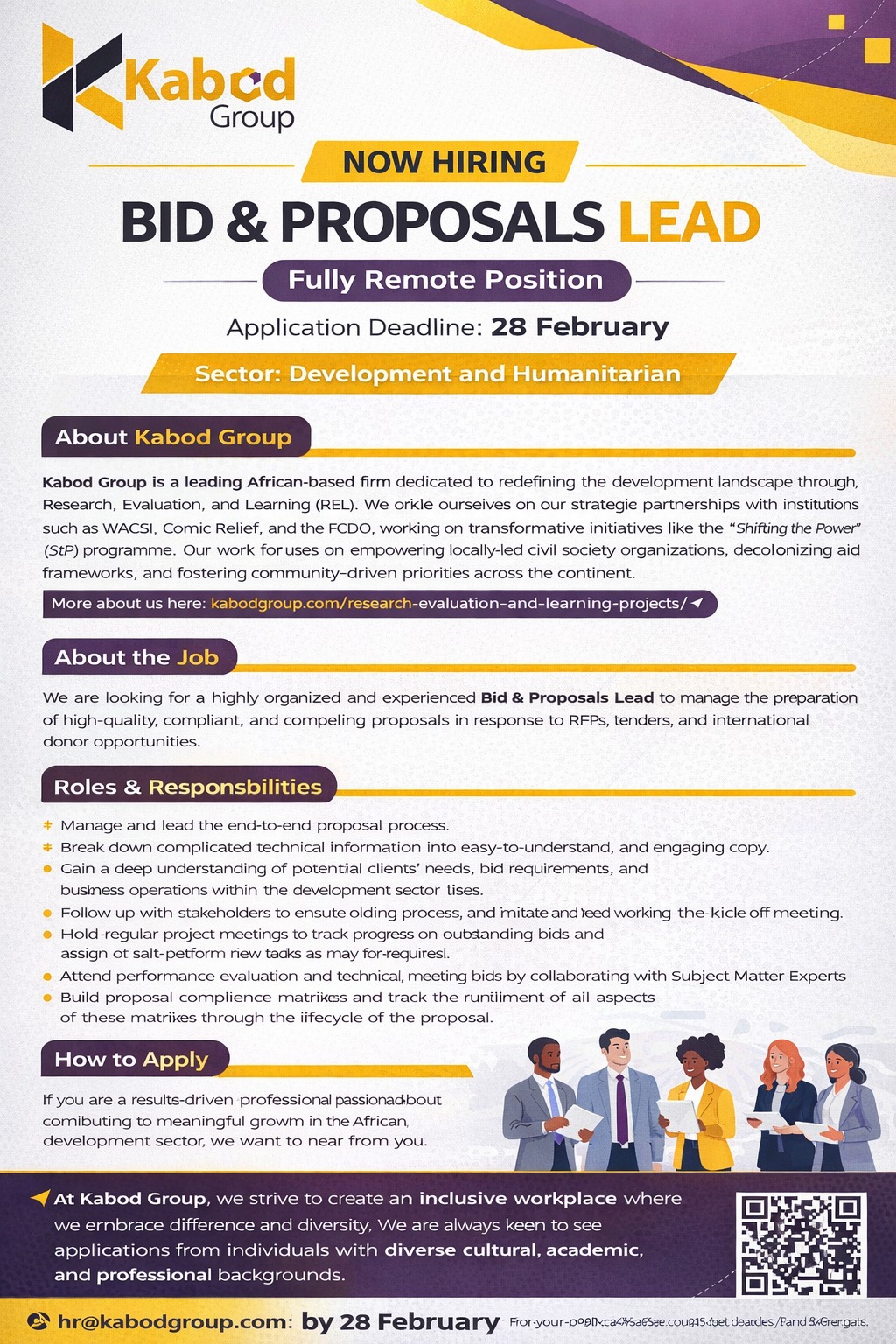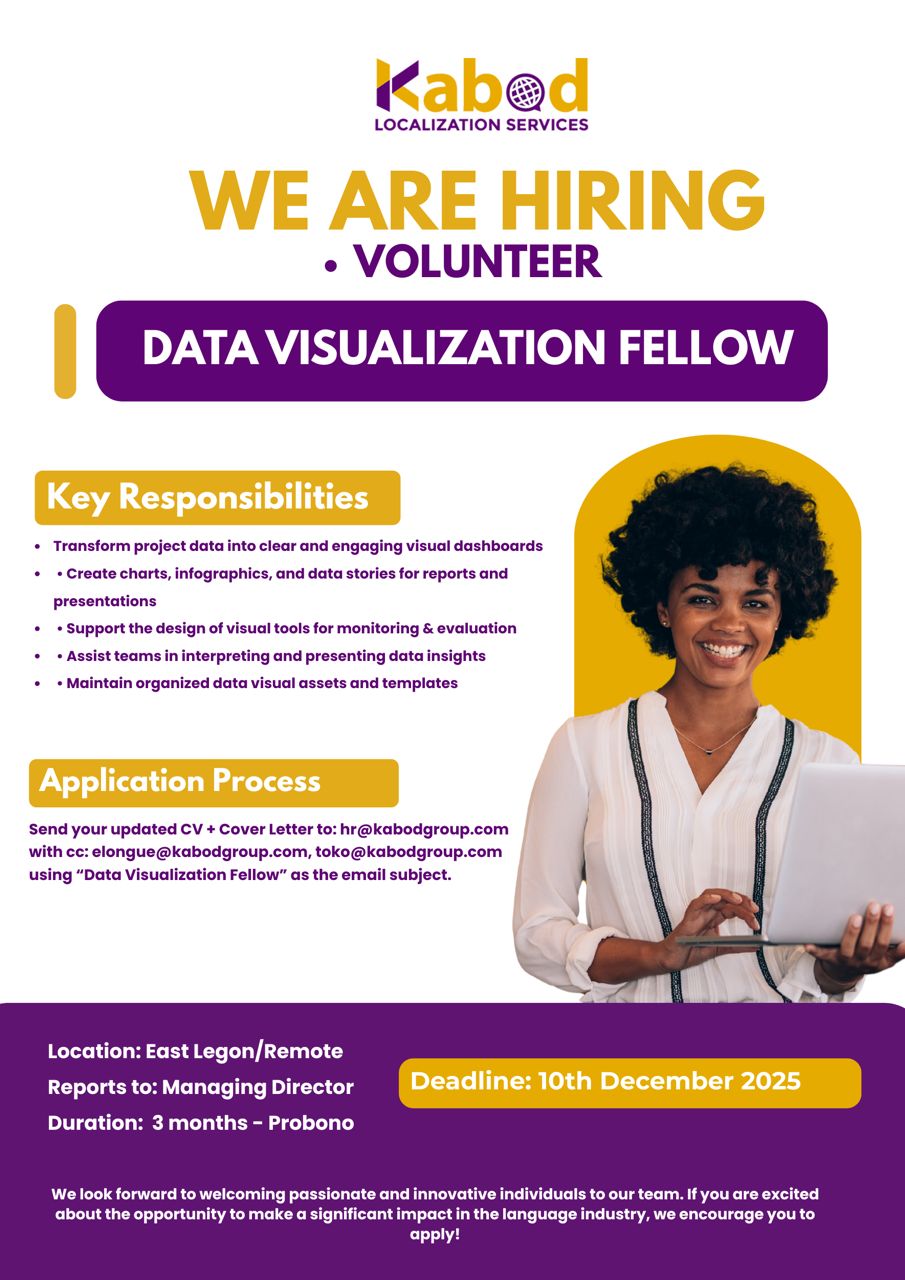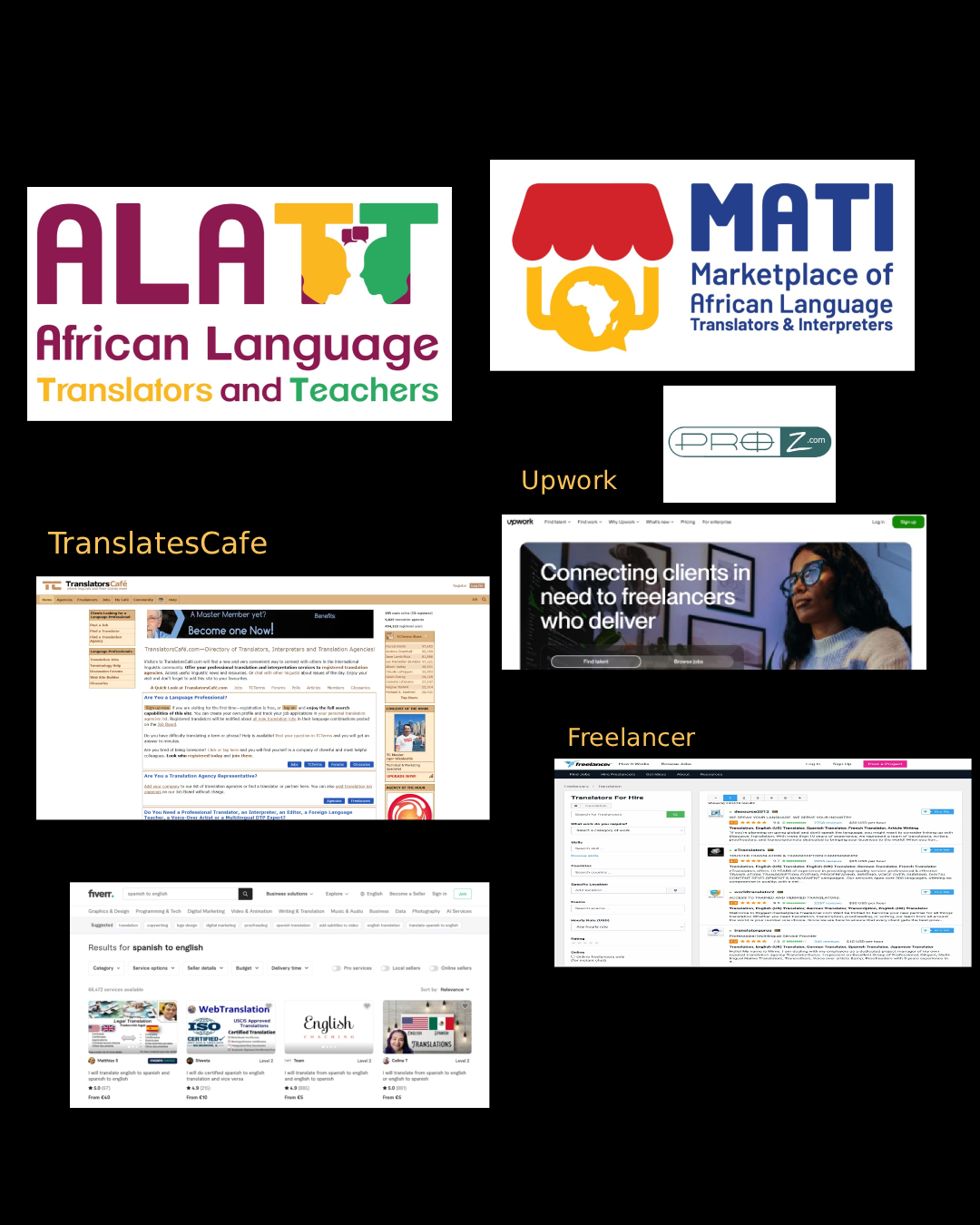Culturally distinct ethnic groups whose members are directly descended from the earliest known inhabitants of a particular geographic region and, to some extent, maintain the language and culture of those original peoples are defined as indigenous. Among indigenous peoples are the Mayas, Lakota, Pygmies of Central Africa, the Maasai tribe from East Africa, the Berbers of Northern Africa, etc.
Indigenous peoples can be found on every continent and, globally, account for 6% of the world’s population. In total, they are custodians and speakers of more than 4000 out of 7000 languages spoken in the world. However, indications reveal that most indigenous languages are mostly endangered and are on the brink of becoming extinct by 2100. 3,045 languages are endangered as of 2022, which is 42.5% of all living languages.
The Rights of Indigenous Peoples
On December 18, 2019, the General Assembly (GA) of the United Nations adopted a resolution on the “Rights of Indigenous Peoples” during its 74th session. The year 2019 was declared by the UN as the International Year of Indigenous languages, which preceded the proclamation of 2022-2032 as the International Decade of Indigenous Languages (IDIL), with UNESCO as the lead UN Agency. Despite being the embodiment of cultural diversity, indigenous peoples are mostly marginalized, facing extreme poverty, suffering human rights violations, and living in constant fear of losing their cultures and languages as a result of factors such as increased globalisation, urbanisation, and migration, among many others.
UNESCO, in light of IDIL, seeks to draw the world’s attention to indigenous languages and establish the urgent need to preserve and promote these languages by building a global community that revitalises and supports indigenous languages worldwide. To achieve the goal of IDIL 2022-2032 a Global Action Plan was developed for all individuals, governments, institutions, and stakeholders. In order to contribute to your quota, join the IDIL 2022-2032 global community.
The State of African Indigenous Languages
Language is the ultimate embodiment of our diverse cultures and identities. History, customs, and traditions are preserved through languages.
Africa is known to be the most linguistically endowed continent in the world, as it accounts for one-third of world languages.
The globally accredited and most authoritative inventory of world languages, Ethnologue in its 25th edition (2022) records a total of 7,151 living languages globally, with Africa recording 2158 living languages, with detailed categorisation into Institutional: 195, Developing: 581, Vigorous:859, In trouble: 396, Dying: 127.
Extinct/Dead languages are characterised by having no native speakers and no native descendants, and an endangered/in trouble language is a language that is at risk of falling out of use as a result of having few speakers.
UNESCO categorises language endangerment into four. These are:
- Vulnerable – most children speak the language, but it may be restricted to certain domains (e.g., home)
- Definitely endangered – children no longer learn the language as a “mother tongue” in the home.
- Severely endangered – language is spoken by grandparents and older generations; while the younger generation may understand it, they do not speak it to children or among themselves.
- Critically endangered – the youngest speakers are grandparents and older, and they speak the language partially and infrequently.
- Extinct – there are no speakers left.
Despite the rich linguistic diversity the continent is endowed with, it cannot vaunt much about its languages owing to the many phases of colonisation it was subdued to, where the indigenous languages were sacrificed on the altar of the coloniser’s languages, which were used and are still used as a medium of instruction when the European colonisers in Africa introduced formal education.
The dismemberment of the African continent as a result of colonisation is defined by Ngugi Wa Thiongo as ‘‘an act of absolute social engineering; the continent’s dismemberment was simultaneously the foundation, fuel, and consequence of Europe’s capitalist modernity.”
The colonisation of a people’s language is to colonise their minds and the knowledge and history carried in that language.
Ngugi further established in an interview that it is “self- enslavement if you know all the languages of this world but not your mother tongue. On the contrary, if you excellently know your mother tongue and add the rest of the languages of this world, that is empowerment. ”
As Africans, we seem to overlook certain actions and inactions that endanger our native languages. First, most Africans (especially the youth of Africa) do not feel proud speaking their mother tongue and feel more empowered and educated speaking foreign languages.
Second, the speaking of African languages in African schools is prohibited. On the notion that proficiency in the colonisers is essential in becoming successful.
Third, African governments conduct their operations in foreign languages other than their native languages.
Lastly, I personally find it extremely sad that, amidst the myriads of African languages (2158); the continental body- the African Union, which consists of 55 member states—has only one African language as an official language. The AU has six official languages, namely; English, French, Arabic, Portuguese, Spanish, andKiswahili.
This begs the following questions;
What is the African Union’s effort in preserving the numerous languages of its people?
Why would the continental body that oversees the wellbeing of its members have only one African language as an official language?
All of the problems stated above keep us in constant self-inflicted bondage.
Conclusion
The path towards empowerment is first and foremost embracing our native languages as Africans; for they are a conservatory of our culture and heritage. In it lies who we are, where we come from, what defines us, and why we exist, which in turn defines where we are going and how far we go. You might also want to explore this article that talks about “4 critical reasons why every African should know their native language now and practical ways to promote African languages.”




